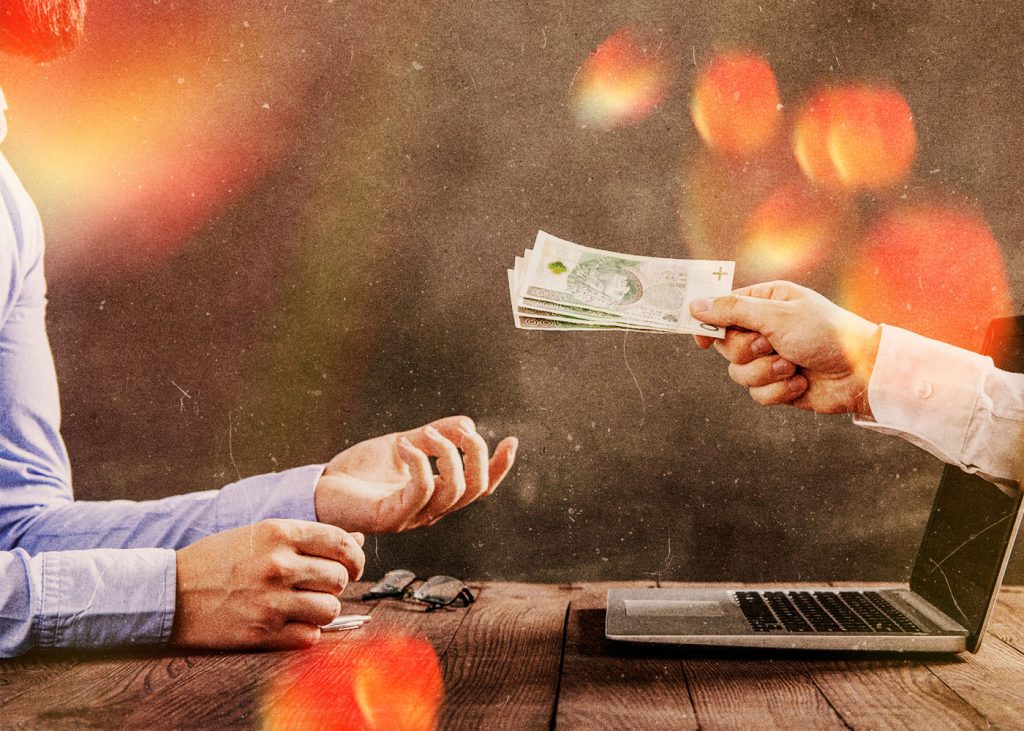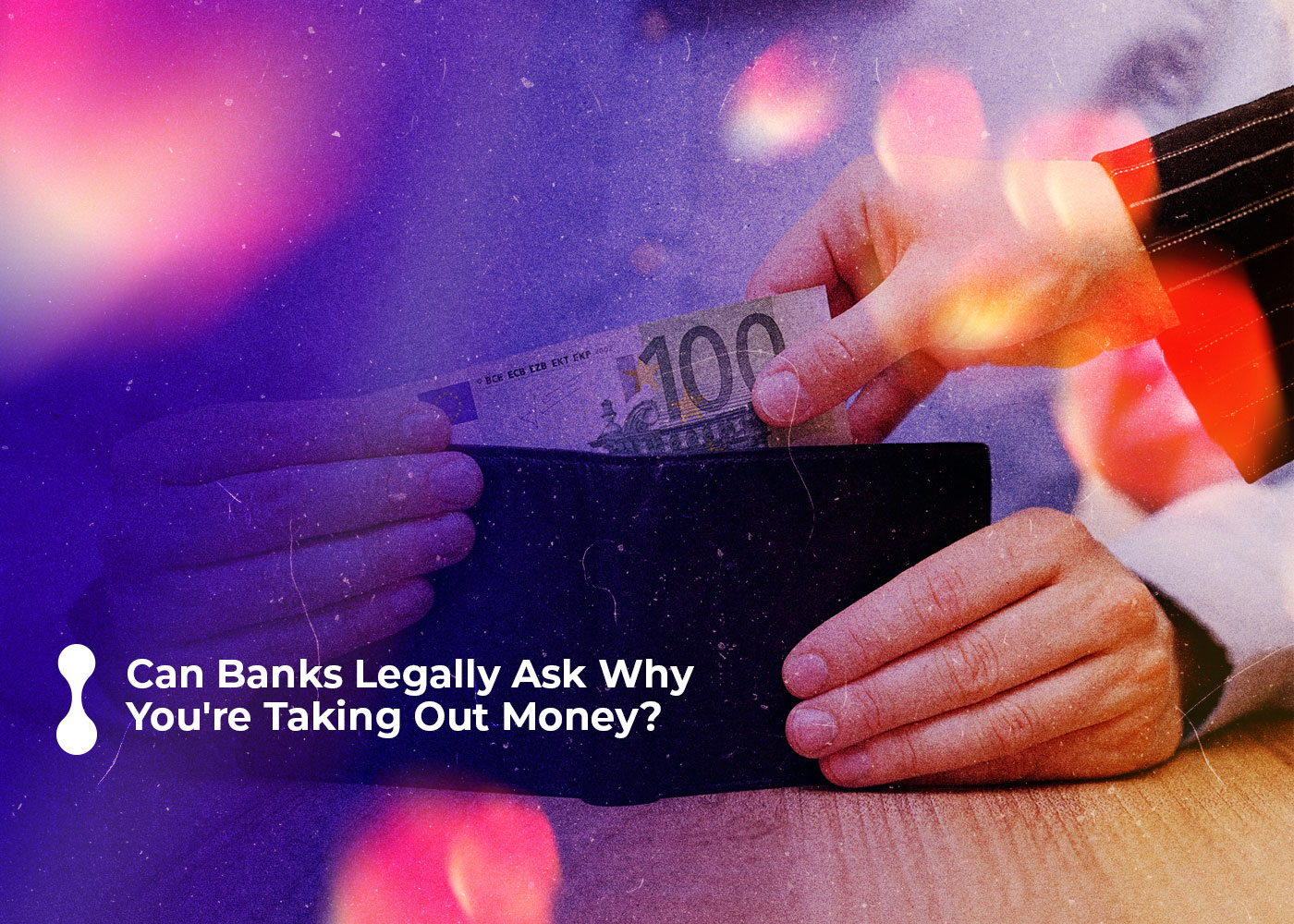When it comes to banking, one of the top questions is “can banks legally ask why you’re taking out money?” While most people don’t think much about it, knowing the answer to this question can help you protect yourself against potential fraudulent activities and safeguard your finances. In this blog post, we will dive into why banks might want to know why customers are making certain withdrawals from their accounts and what kinds of answers they should expect if asked. We’ll also explore possible solutions for ensuring your privacy is respected when dealing with banks.

Can a Bank Ask Why You Are Withdrawing Money?
Yes, banks may ask why they withdraw money, but the exact circumstances in which they do so vary.
Banks must comply with various laws and regulations related to financial transactions, including the Bank Secrecy Act (BSA) and related anti-money laundering (AML) regulations. These regulations require banks to implement various procedures and controls to prevent illegal activities such as money laundering, terrorist financing, and other financial crimes.
As part of these requirements, banks are often required to monitor customer transactions and report particular activity to the government. This may include transactions over a certain amount, transactions that appear suspicious, or transactions involving specific accounts or customers. To comply with these regulations, banks may ask customers about the purpose of their transactions, especially regarding large sums of money and other unusual circumstances. Banks may request additional information to assess whether a trade is legal and does not violate any laws or regulations.
For example, if you withdraw a large amount of cash in cash, your bank may ask you for a reason for the withdrawal and ask you to provide additional documentation or information to support your request. This may include letters from lawyers or accountants, proof of income or employment, or other relevant documents.
It is important to note that banks do not attempt to invade their customers’ privacy by asking for a transaction. Instead, they strive to comply with legal regulations and not support illegal activity.
In summary, banks may ask why you withdraw your money, especially if the transaction is large or unusual. This is part of compliance with laws and regulations related to financial transactions and is intended to prevent financial crimes such as money laundering and terrorist financing.
Conclusion
So, can banks legally ask why you’re taking out money? In summary, banks may request more information from their customers when withdrawing money from their accounts. This is likely to occur if the customer wants to make a large withdrawal, an offshore withdrawal, or a suspicious-looking withdrawal. Banks have these policies in place for the safety of their customers and to protect them from potential fraud and abuse of funds. Prospective customers need to know why banks ask for additional information about cash withdrawals so that they can make informed decisions on which bank will provide the best services for their needs. Ultimately, it’s up to the customer whether or not they wish to explain when conducting a financial transaction. However, it’s important to remember that providing your bank with as much information as possible will help ensure you receive the best service possible.
